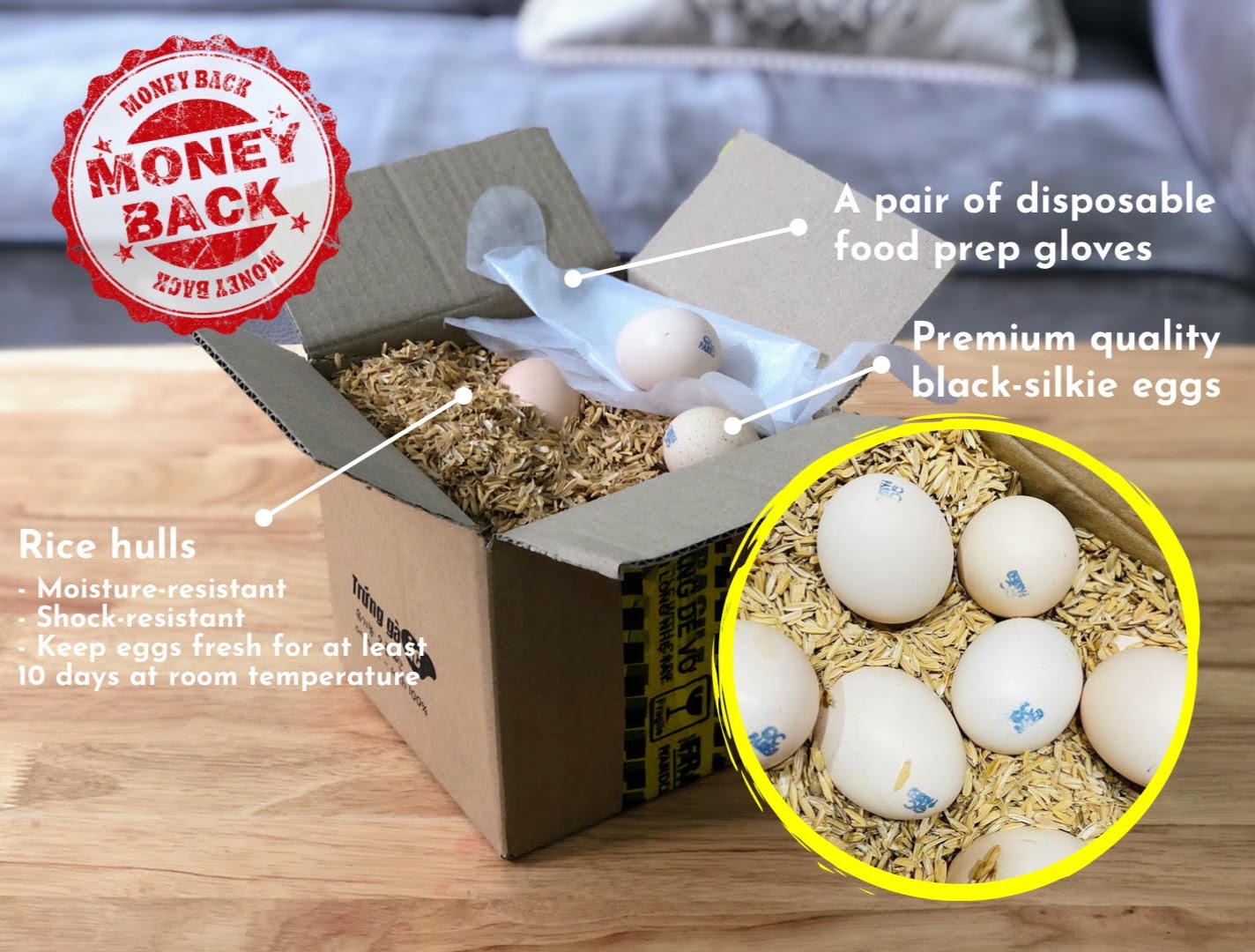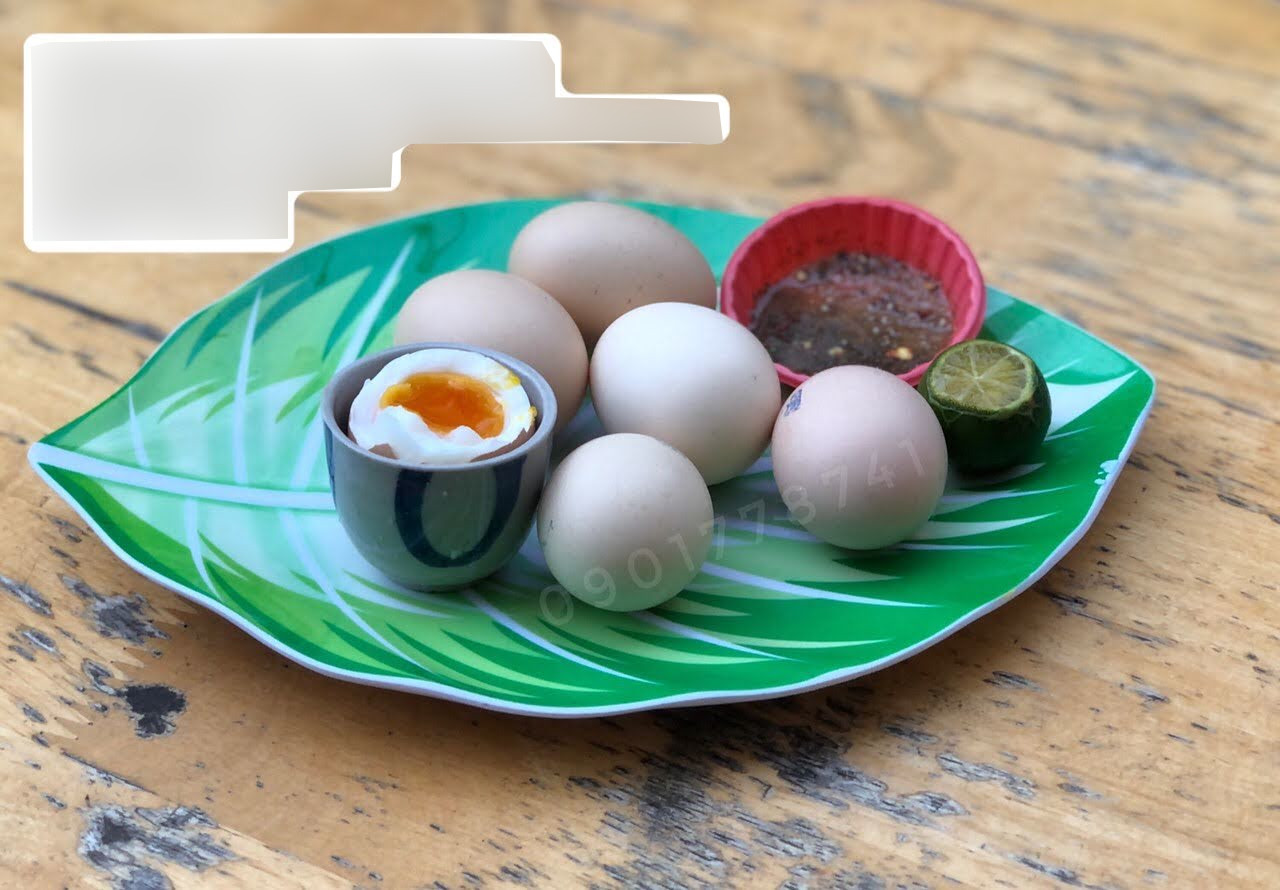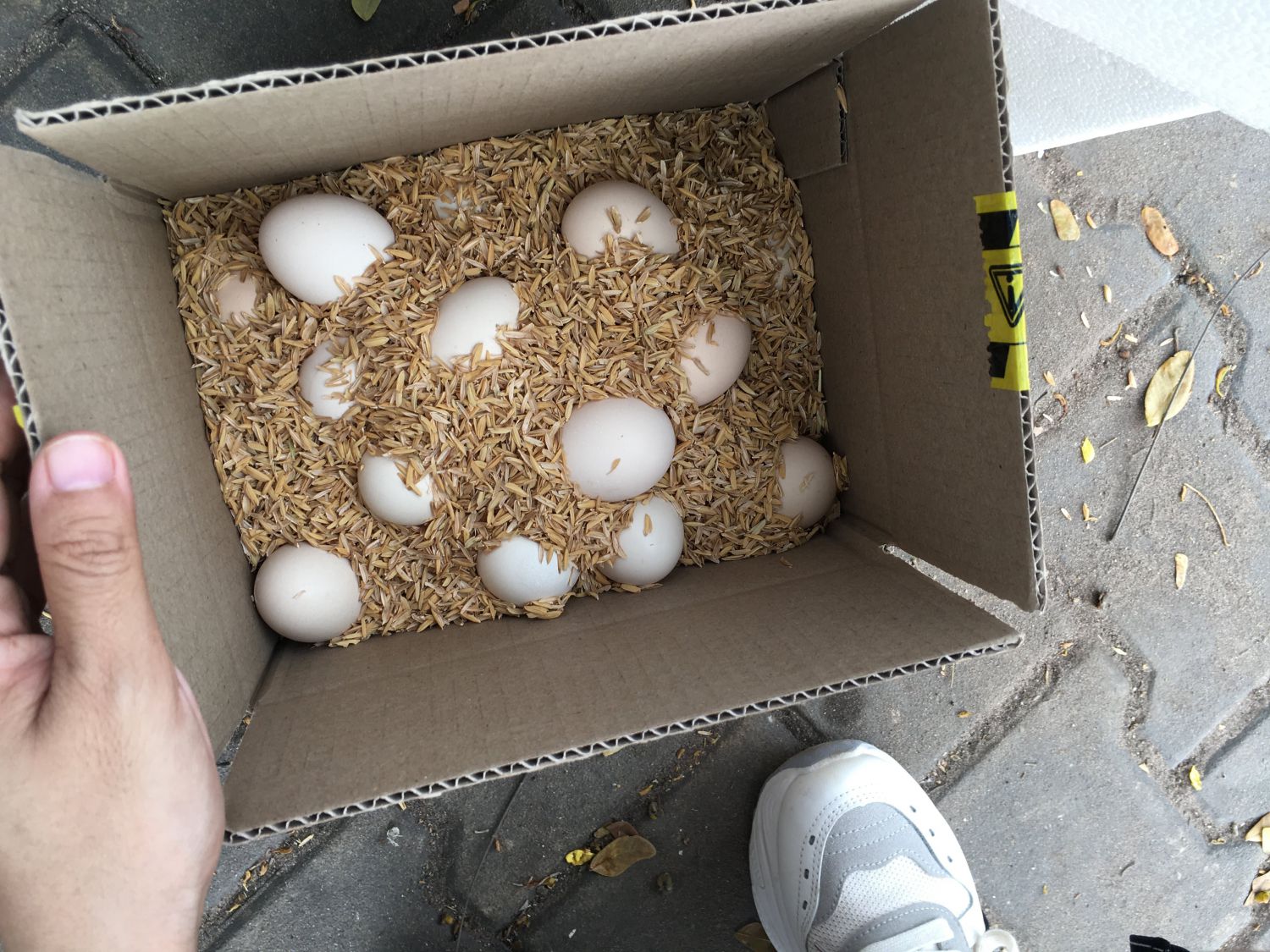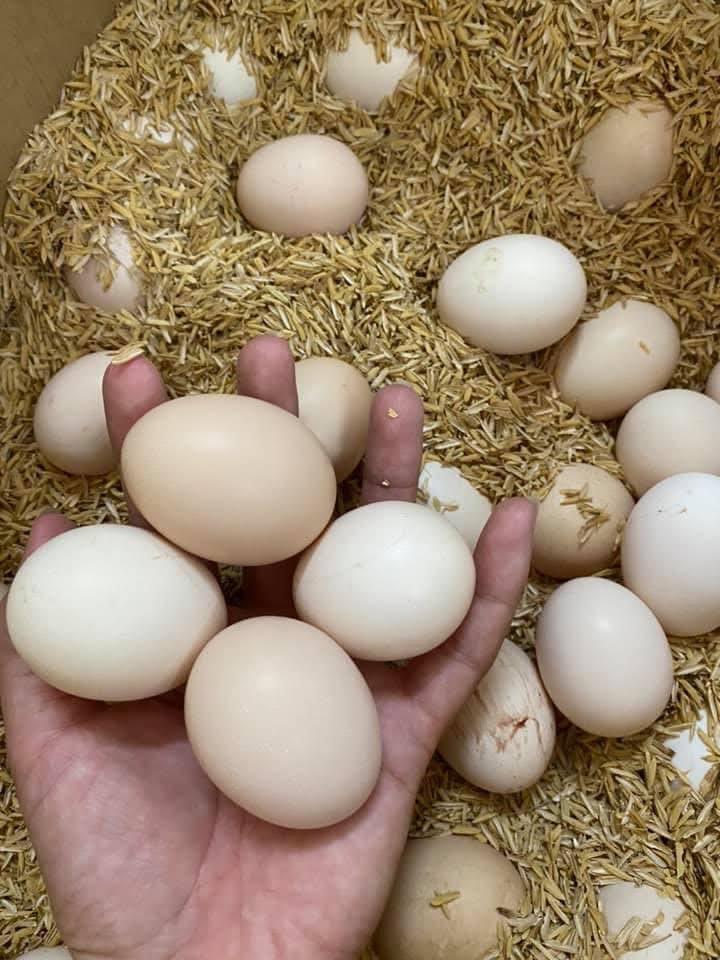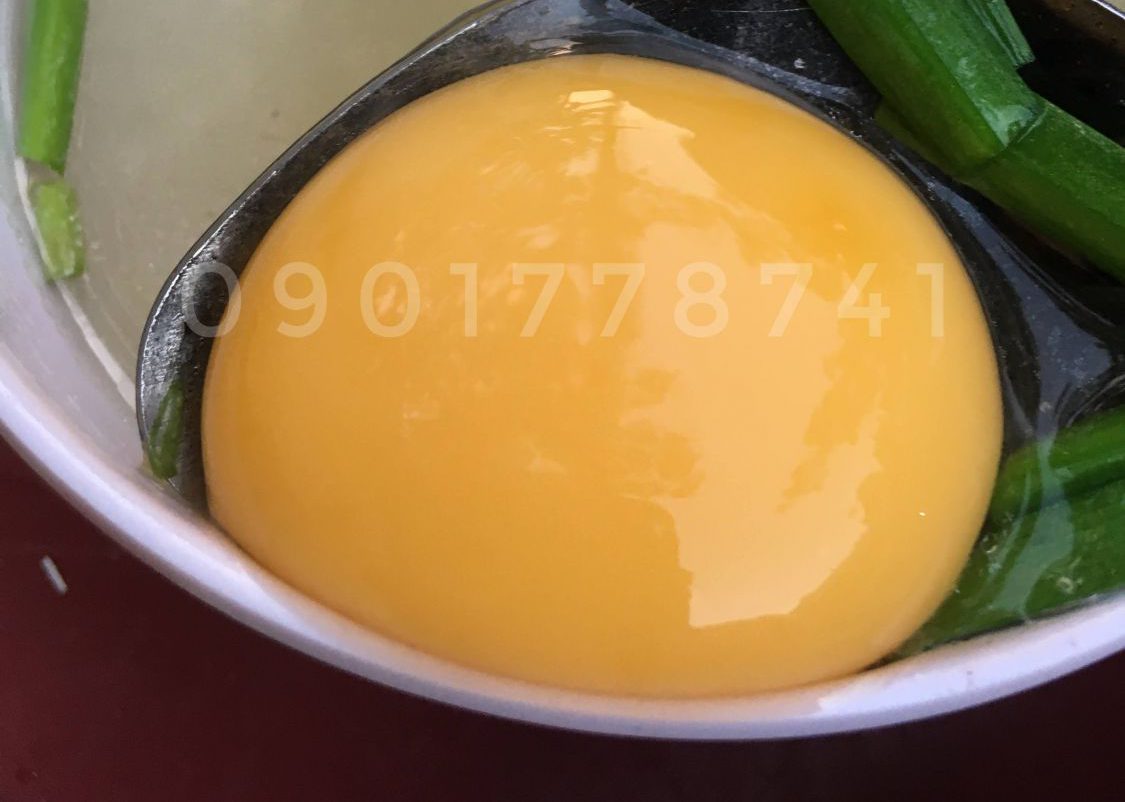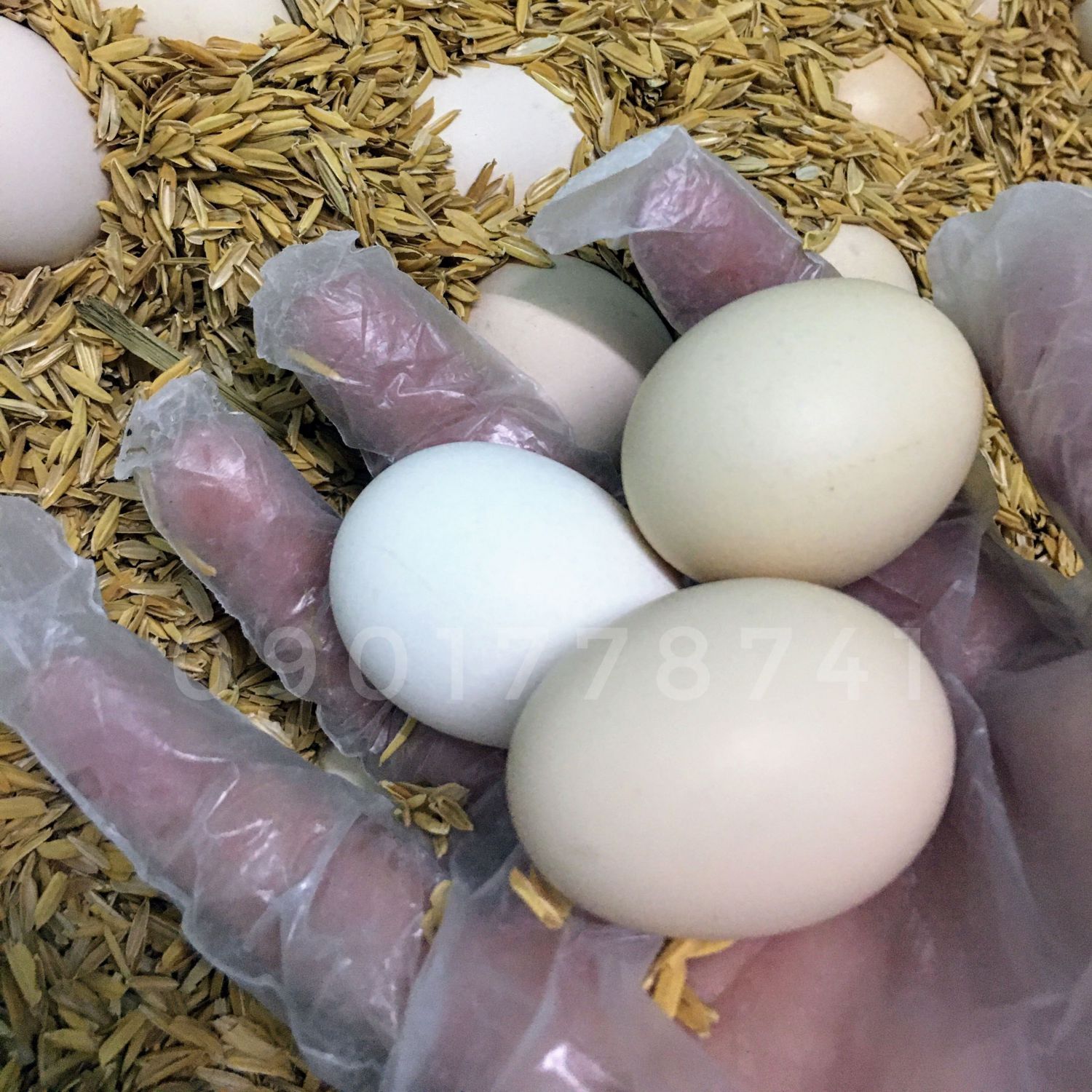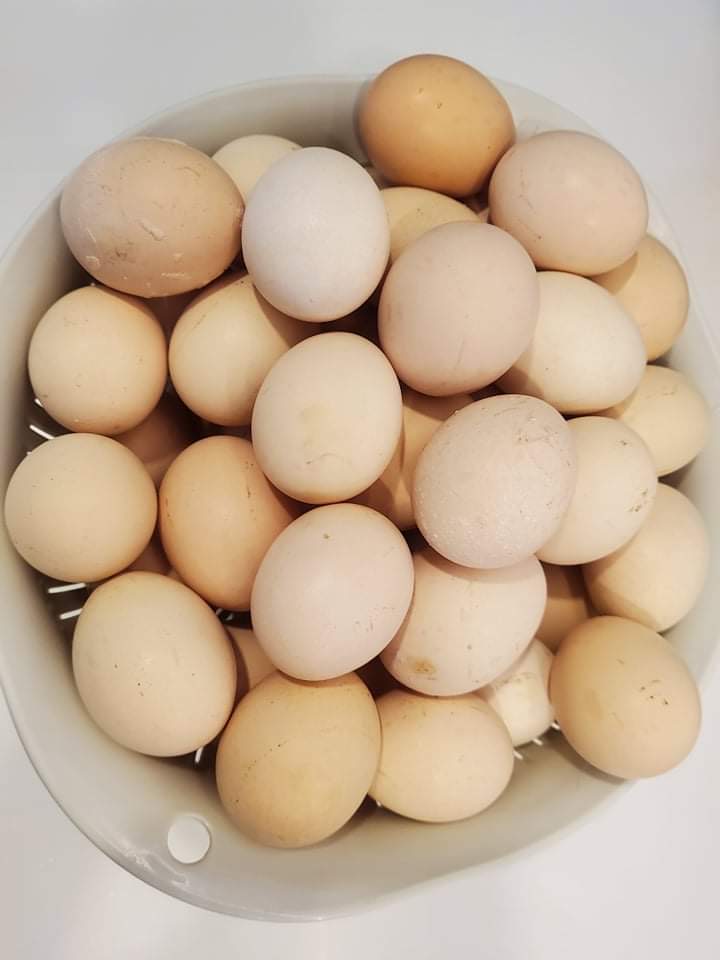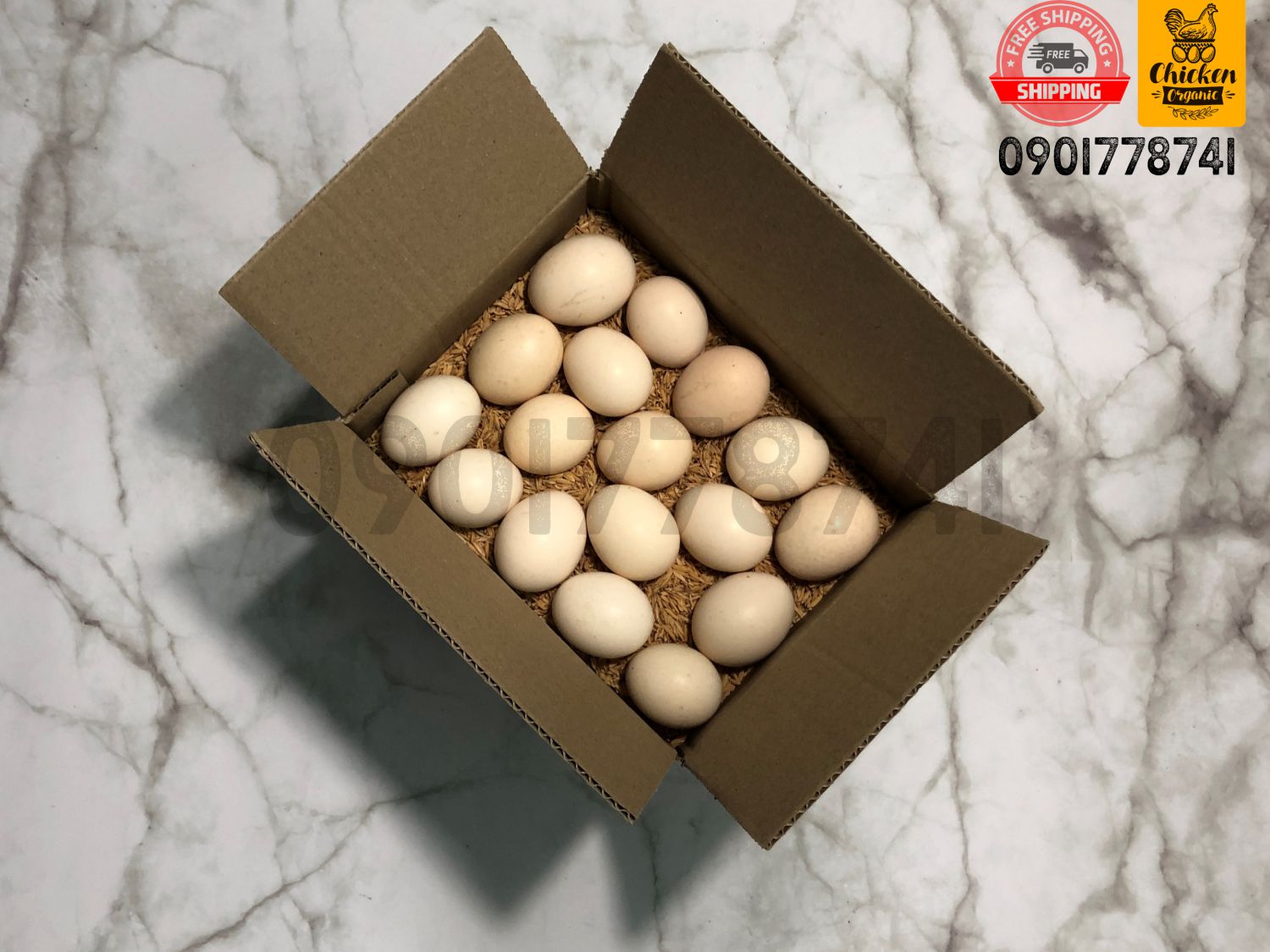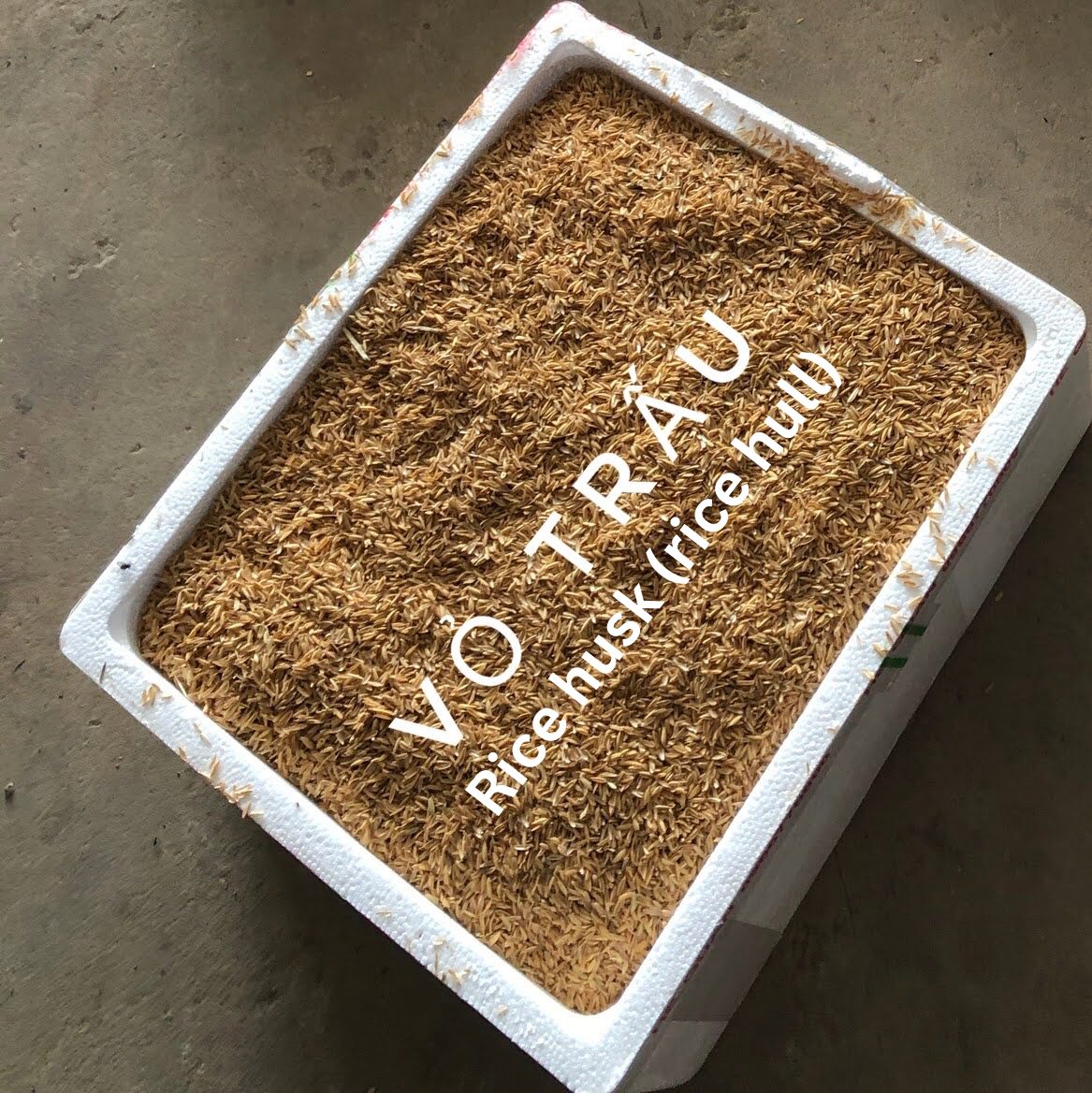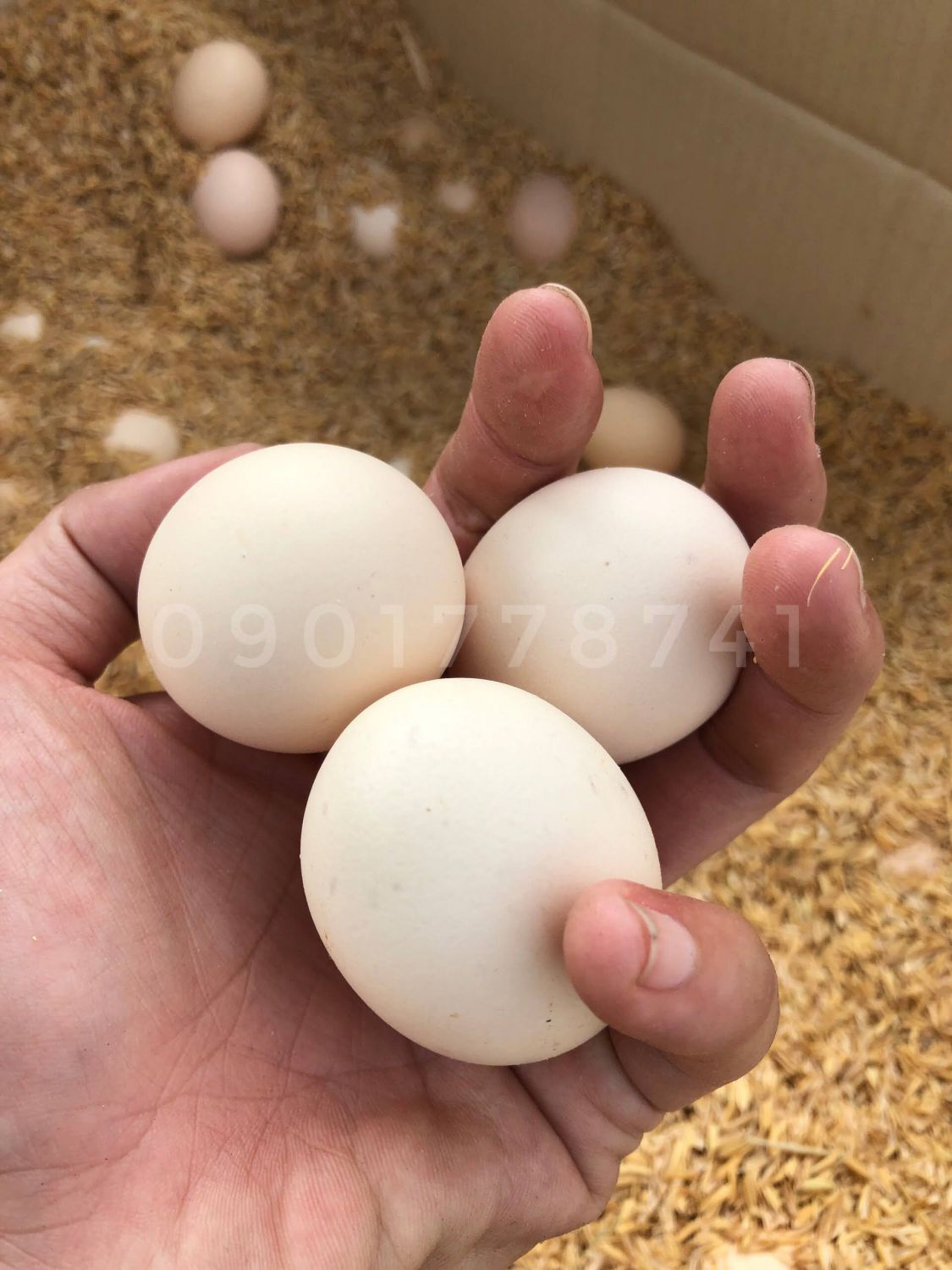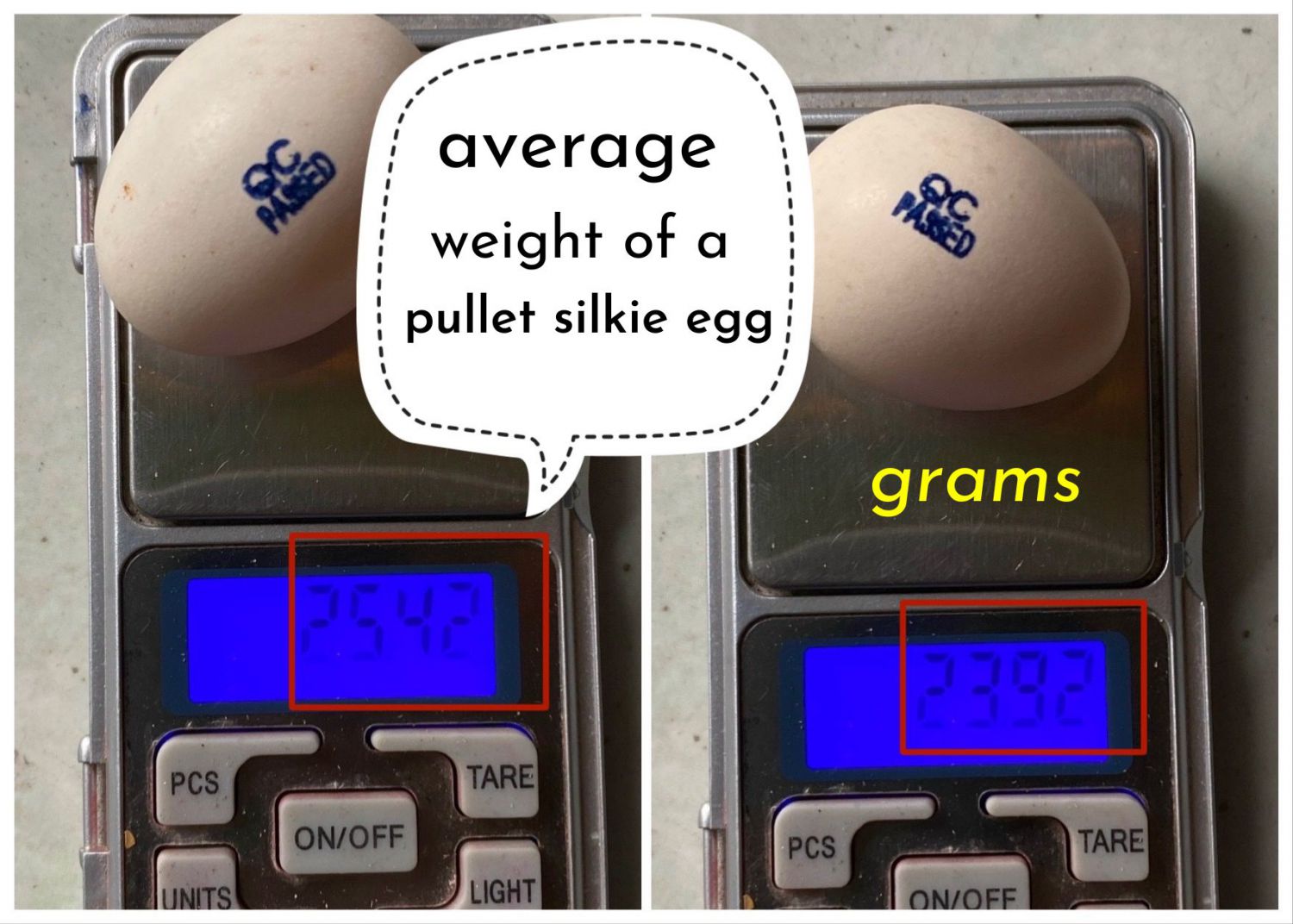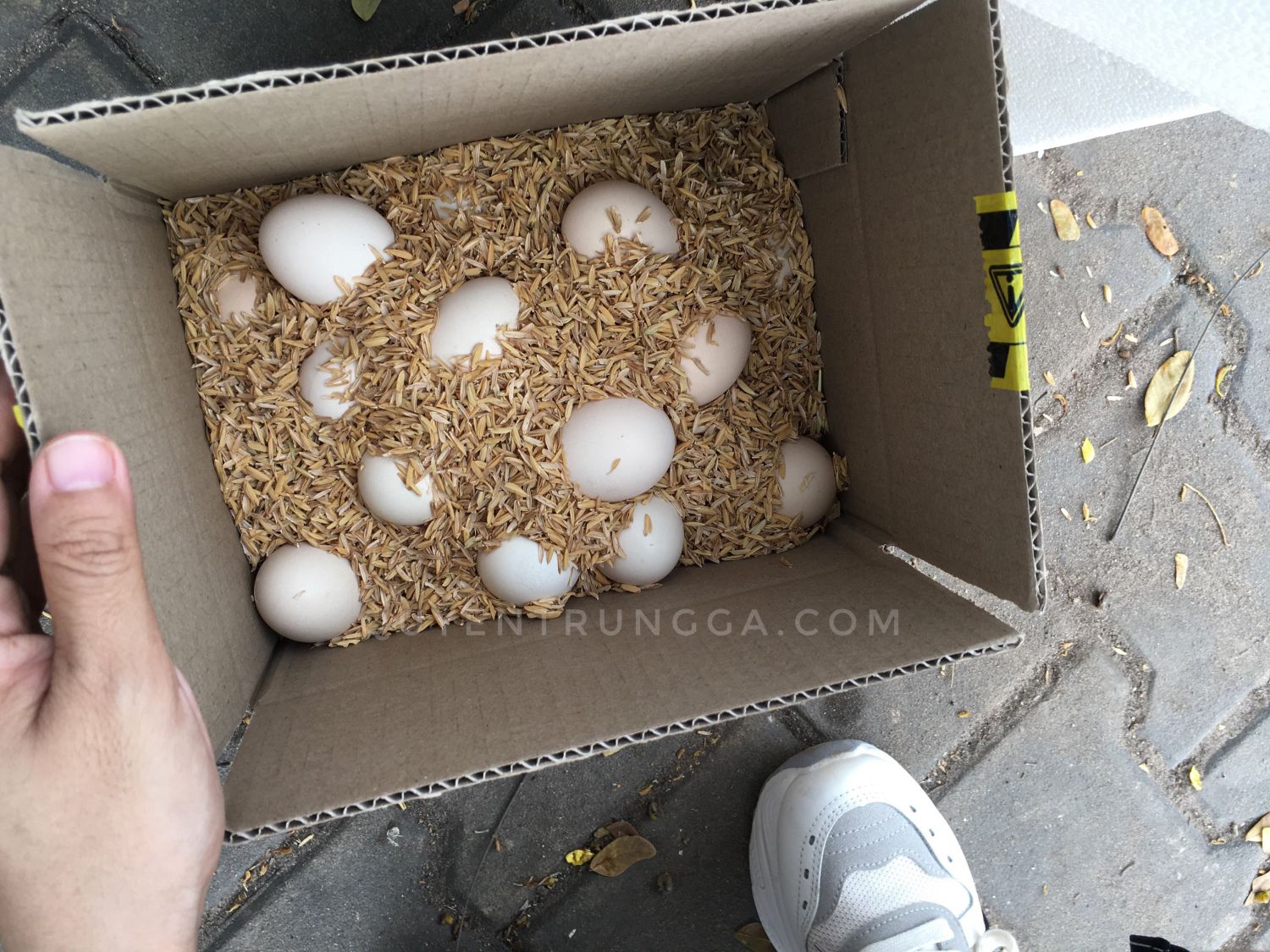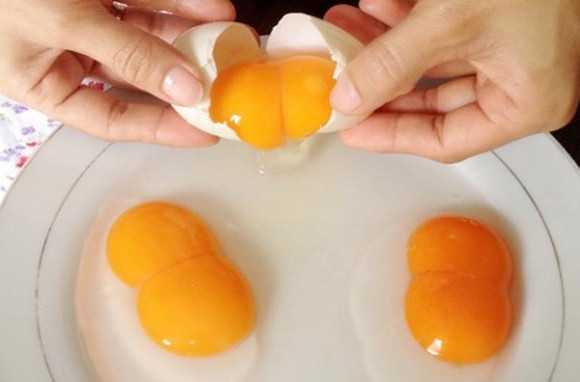Silkie eggs, which are known for their soft, smooth shells, do not typically require the use of a mask during handling. However, it is always a good idea to follow good hygiene practices when handling any type of food, including washing your hands thoroughly with soap and water before and after handling the eggs and keeping raw eggs separate from cooked and ready-to-eat foods to prevent cross-contamination.
If you are handling silkie eggs in a setting with a potential for exposure to illness-causing bacteria or other contaminants, such as in a commercial kitchen or food processing facility, wearing a mask as an extra precaution may be advisable.
It’s worth noting that once silkie eggs are laid, the hen applies a protective coating on the eggshell to help guard against bacteria, salmonella, and other pathogens. This coating is important because eggs are porous and can easily become contaminated without it.
However, some people may have an allergic reaction to this coating, or to rice husk, which is sometimes used for added protection when packaging silkie eggs. If you are sensitive to either of these materials, it may be necessary to wear a mask when handling the eggs.
In addition, we offer disposable plastic gloves for those who prefer an extra layer of protection during egg preparation.

